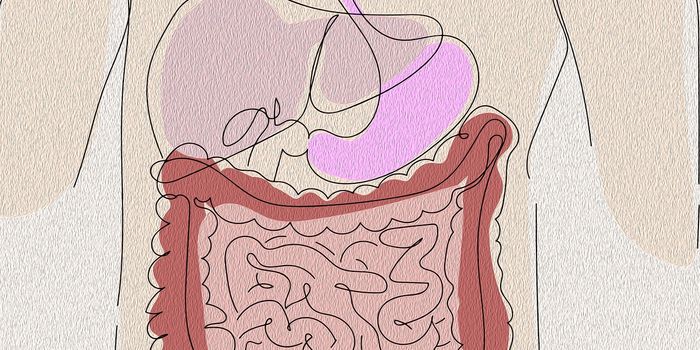Mosquito Feeding Time Shift Impacts Malaria Prevention Methods
Thanks to the success of insecticide-treated bed nets, mosquitos seem to have shifted their feeding times away from the nighttime. This shift would have significant implications for malaria prevention methods. An international team of researchers recently conducted a study to understand how this shift in feeding impacts the rate at which mosquitos become infected with the malaria parasite. The results of this research were published this week in Nature: Ecology & Evolution.
In an article from Penn State regarding the study, Matthew Thomas—professor and Huck Scholar in Ecological Entomology at Penn State—said that the use of insecticide-treated bed nets led to substantial declines in malaria transmission, thereby reducing the global burden. However, he states that recent evidence suggests that mosquitoes have changed their behavior to avoid the nets. “This so-called ‘behavioral resistance’ could have enormous implications for public health because if more mosquitoes feed in the evening or the morning, the protective efficacy of nets could be reduced,” Thomas said.
According to the Penn State article, researchers fed key two malaria mosquito species infected blood meals at various times of the day and in different temperature conditions. They monitored the mosquitoes’ ability to become infectious based on the imposed conditions, which they refer to as “vector competence.”
The results determined that the time of day did not impact vector competence when the temperature was consistently at 80 degrees Fahrenheit, according to the study. However, temperature variation, both above and below 80 degrees Fahrenheit, which represents more realistic conditions, did impact vector competence. The results report that 88% of evening biters, 65% of midnight biters, and 13% of morning biters tested positive for malaria parasites in Anopheles stephensi. Of the second species tested, Anopheles gambiae, 55% of evening biters, 26% of midnight biters, and 0.8% of morning biters tested posited for parasites. Overall, mosquitoes are most likely to transmit malaria in the early evening, at midnight, or in the morning.
In the Penn State article, Eunho Suh—a postdoctoral scholar at Penn State—explained that “warm temperatures can inhibit parasite establishment, so the longer the time before mosquitoes are exposed to warm daytime temperatures, the better the chances that the mosquito becomes infected.”
As for the effect on public health, the researchers used mathematical models to determine how the changes in timing might impact infectivity. The Penn State article reports that these models support the researchers’ laboratory findings. Thomas stated, “there is major concern that shifts in patterns of mosquito feeding could reduce the effectiveness of bed nets, which are our most important tool in the fight against malaria.” He states that the next steps would be fieldwork to determine how their findings relate to what is occurring in the real world.
Sources: Penn State News, Nature: Ecology & Evolution










